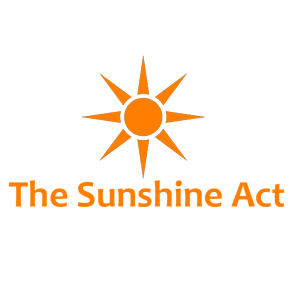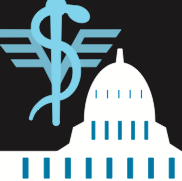 It is tough enough to make a living in today’s healthcare industry with the cost of medical education on the rise, extreme number of years required to even become a doctor or nurse (see
It is tough enough to make a living in today’s healthcare industry with the cost of medical education on the rise, extreme number of years required to even become a doctor or nurse (see  It is tough enough to make a living in today’s healthcare industry with the cost of medical education on the rise, extreme number of years required to even become a doctor or nurse (see 11 reasons why our healthcare system is so $%&%~! Up for more information on this point), Medicare reimbursements declining — but now we have to spend extra time that we do not have reporting extra income we receive.
It is tough enough to make a living in today’s healthcare industry with the cost of medical education on the rise, extreme number of years required to even become a doctor or nurse (see 11 reasons why our healthcare system is so $%&%~! Up for more information on this point), Medicare reimbursements declining — but now we have to spend extra time that we do not have reporting extra income we receive.
Sunshine Act, Good or Bad?
So what is the Physician Payments Sunshine Act? The Sunshine Act requires public reporting of payments to physicians and teaching hospitals from pharmaceutical and medical device companies, as well as certain ownership interests.
The crazy part is that the information will be posted on a public website that will identify doctors that have received payments. Now call me crazy, but I do not want my personal information about my work and how much I earn on a public website for all eyes to see.
Now I do understand why Senators Charles Grassley and Herb Kohl wish to slam doctors more while they are already hurting by trying to prevent doctors from prescribing drugs with the pharma company’s objectives versus what’s best for the patients. Sorry, though — this is not the way.
Healthcare is a business; healthcare professionals need to make money to make up for all the costs associated with running a practice and getting the education.
Put it this way, if things keep going the way they are now, we won’t have any doctors left due to the extreme pressures that the job entails.
Statistics about physician relationships
A study in 2007 showed that 94 percent of doctors had a relationship with industry, 83% received gifts, and 28% received payments for professional services such as consulting or research.
Of the physicians reporting industry relationships, 60% were involved in medical education, and 40% in creating clinical practice guidelines. By 2001, industry had become the major source of research and development funding, accounting for 55 to 60% of some $100 billion annually. Commercial funding for continuing medical education (CME) has also increased; industry now pays for more than a third of all CME offerings.
So basically every doctor in the country will now have to report his private financial information to the world. Seems like this is a complete waste of time and will cause more harm than good.
When does the Sunshine Act start?
CMS is requiring manufacturers and GPOs to start collecting data on Aug. 1. These groups must submit data collected between Aug. 1 and the end of 2013 to CMS by March 31, 2014.
 Exemptions:
Exemptions:
- OTC drugs and class I and II medical devices, such as elastic bandages and suture materials;
- gifts or payments valued at less than $10 — unless the aggregate amount paid to the physician exceeds $100 annually;
- incidental items worth less than $10 (e.g., pens and note pads) as well as general food and drinks offered to all participants at conferences or large-scale events;
- educational materials and items intended for use by or with patients;
- discounts and rebates from a manufacturer;
- samples intended for patient use, including coupons and vouchers for obtaining samples;
- certain indirect payments transferred by a third party if the manufacturer does not know the identity of the recipient; and
- payments or other transfers of value to residents.
Sunshine Act Summary:
Starting August 1st, 2013 we have to start collecting the data. Good or bad, it’s just more work we have to do, with less time than we had last year.
Got to love regulations!







